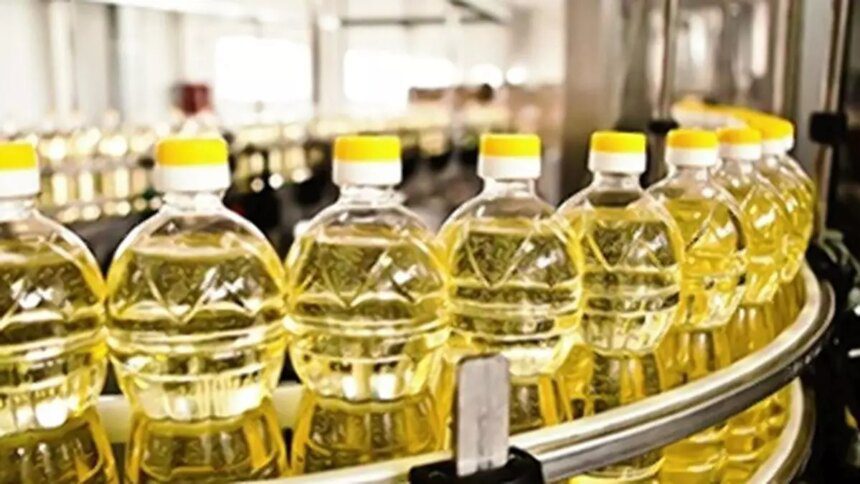The Solvent Extractors’ Association of India (SEA) has expressed concerns over the impact of cheaper refined edible oil imports from Nepal on the domestic oil refining industry in India. In his monthly communication to members, Sanjeev Asthana, SEA President, highlighted that edible oils are permitted to be imported from SAFTA countries at zero duty under the SAFTA agreement.
However, the recent increase in duty on edible oils in September 2024, coupled with zero duty under SAFTA, has led to a surge in cheaper refined oil imports from Nepal. This situation is increasingly affecting the domestic oil refining industry, not only in Northern and Eastern India but also in Central India, including Madhya Pradesh and Rajasthan.
Asthana urged the government to find a balanced solution that upholds SAFTA commitments while safeguarding the interests of domestic farmers and refiners. He commended the Union Agriculture Ministry for conducting a survey on edible oils through the MyGov platform to understand consumer preferences. This initiative aims to guide farmers in cultivating crops based on market demand, thereby moving towards self-sufficiency in edible oils.
The survey covers aspects such as monthly oil consumption, preferences for different types of oil, and seasonal oil usage. The results of the survey, once made public, will provide valuable insights for the industry and trade in decision-making regarding oil production or imports.
SEA has submitted a memorandum to NITI Aayog requesting a revision in the weightage of individual edible oils in the Wholesale Price Index (WPI). Currently, edible oils account for only 2.64293% of the WPI based on 2011-12 consumption and average prices. Consumption patterns have significantly shifted, with the proportion of vanaspati in total edible oil consumption decreasing from 5.75% in 2010-11 to 2.92% in 2023-24, while soyabean oil’s share has increased from 15.55% to 19.28% over the same period.
Asthana mentioned that the association’s proposal for revising the weightage of individual oils in the WPI to reflect changing consumption patterns has been acknowledged by Prof Ramesh Chand, who heads the Working Group under NITI Aayog tasked with revising the WPI from the 2011-12 base to 2022-23.
Overall, SEA is actively engaged in advocating for policy changes that would support the domestic oil refining industry and ensure a level playing field for all stakeholders.










